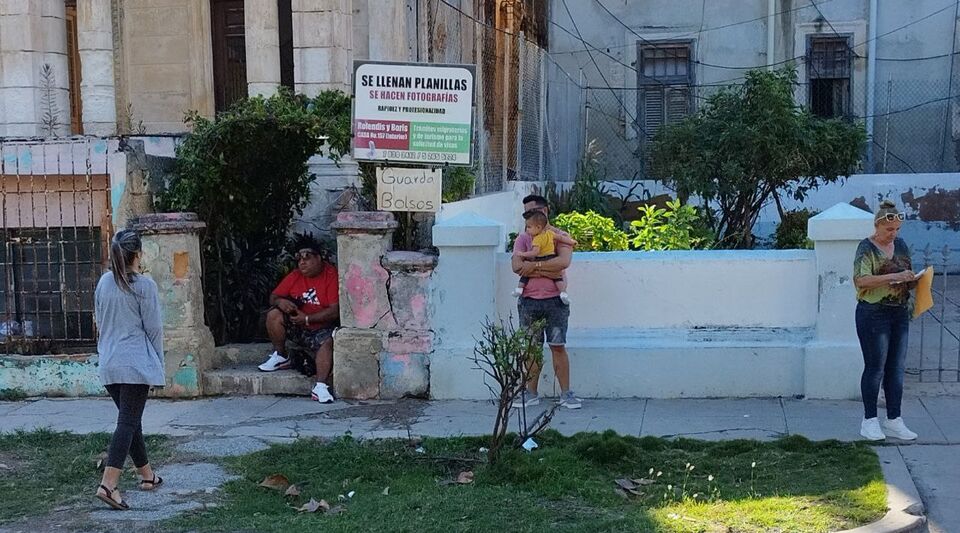The Ministry of Economy and Planning (Mep) de Cuba approved this Thursday a group of 154 new applications to create micro, small and medium-sized companies (MSMEs) in the country, the first authorizations of this type this year.
Through its Twitter account, the agency specified that only one of the requests corresponds to a state enterprise.
The Ministry of Economy and Planning today approved 154 new economic actors, of which 153 are private MSMEs and one state-owned.
— Ministry of Economy and Planning of Cuba (@MEP_CUBA) January 5, 2023
As explained by the entity, at the end of each quarter, information of interest on economic actors will be disseminated based on the official statistics published by the National Statistics and Information Office (Onei) and “from the administrative records of our organization,” according to with a report of the Cuban News Agency (ACN).
“Coinciding with the beginning of the year, from now on the figures of the new approvals that are made will be reported, without including the accumulated data from more than a year ago,” said the publication on the social network.
Cuba closed 2022 with 6,273 new economic actors approved since the process began in September 2021.
According to the data disclosed, 6,138 are private MSMEs, 75 correspond to state MSMEs and there are 60 non-agricultural cooperatives that had received the green light to operate.
Due to their origin, 52% of these ventures were conversions of pre-existing businesses and the rest were recently presented business initiatives.
The authorizations to create MSMEs and cooperatives include a wide range of activities, including those related to accommodation, beauty services and local development projects, among others.
However, proposals related to branches considered “strategic” by the Cuban government, such as health, telecommunications, energy, defense and the media, are still vetoed.
According to current laws, the new MSMEs can be state, private or mixed, and are recognized as an economic unit with legal personality with its own characteristics.
In addition, they coexist in the national economic environment with the socialist state enterprise, considered by the State to be the main actor within the system, non-agricultural cooperatives and self-employment.
Promotion against rentism: the payment of taxes for newly created SMEs
The private sector in Cuba experienced sustained growth during the past year, but specialists agree that this rate could be affected by the recent cancellation of the measure that exempted MSMEs from paying taxes for a period of six months when they arise. of a reconversion and one year when it comes to a new creation.
The provision that entered into force on the first day of 2023 was announced by the Minister of Finance and Prices, Meisi Bolaños Weiss, when presenting the State budget project to the National Assembly of People’s Power (ANPP).
According to the Cuban government, putting an end to this prerogative aims for all economic actors to contribute to generating income to finance social services and programs.















